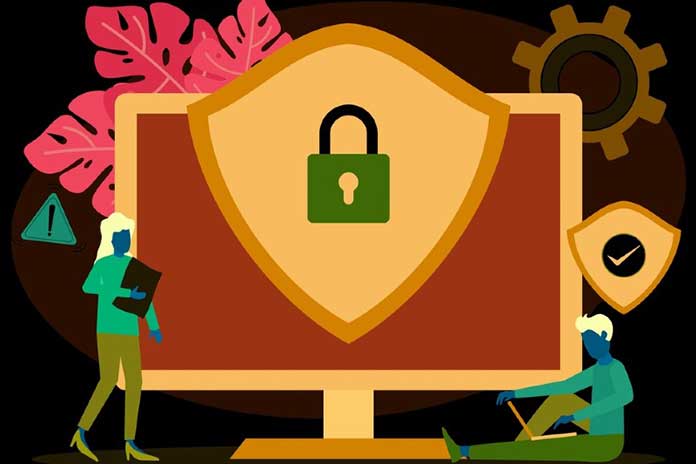Data breaches are becoming the news of every day now. We hear businesses falling victim to the threats of cybercriminals who hold their most confidential data and put it at stake for sake of ransom or any other vicious favor. But you must be wondering if the security systems have become so advanced, then what is the cause behind these data breaches?
Well, the very first and the highlighted cause is a weak internet connection that does not deliver fast and consistent speeds to keep your online security tight. When it comes to the online security of your business you must ensure that your internet connection is efficient enough to keep all your security systems updated and running.
If you’re in search of a secure internet connection for your business then we recommend you go for Xfinity internet deals as they offer seamless connectivity and additional device protection especially to satisfy their business clients.
Once you have secured a good internet connection for your business, here are a few measures you can take to prevent your data from breaches:
Restrict or limit access
There are hundreds of people that log in to the system and share their personal information such as credentials etc. that means there are a hundred vulnerabilities. What you can do to prevent your system from data breaches is limit or restrict access.
Set up different user roles to different levels so that not everyone can access the internal system and confidential data. Limit access to only a few people who are handling data directly. This can reduce the vulnerability to 50% or less.
Keep strong password to ensure better security
Weak credentials are another major cause of data breaches. Malicious criminals who know your username and password combination can easily access all your data and can use it to harm you. What makes it so easy for them is the reuse of the same password for all the online accounts. This gives them access to your emails, bank accounts, and other sources to breach your financial information.
The best solution to deal with this is practicing strong passwords and different passwords for all your online accounts. Especially when it comes to the accounts that hold your data and private information. Generate alphanumeric passwords and try to be unpredictable while creating security questions.
Also Read: Effective Ways To Enhance Your Online Security
Encrypt your data
There are several paid and free tools available online that you can incorporate into your system to encrypt your data while storing or transmitting it. Some advanced operating systems even come with built-in data encryption features. So to avoid any risks of security or breaches always encrypt your data before storing it or transmitting it to other devices or people. Practice high-grade encryption for sensitive data.
Backup your data regularly
If you’re running an online business and not backing up your data regularly then you’re probably making one of the biggest mistakes of your life. You’ll never know before it’s too late and you lose all your data to a hacker with having no clues of it left behind for you. The loss is irreversible so to avoid it, you must practice regular backups on external hard drives or auto sync your devices to cloud-based storing and backing up platforms. They’ll do the deed for you.
Establish a privacy policy
It’s important to have a privacy policy for every company that all the employees and workers must follow. Write your privacy policy in easy-to-understand language. Keep it updated regularly to reflect changes in the law according to your business, maintaining your protocols. Make sure you’re transparent and remain true to your commitment to user privacy.
Practice remote monitoring of your data
Remote monitoring of your data is another good practice to prevent data breach incidents. It can be done with the help of an IT services provider, advanced security software, and comprehensive monitoring to know in real-time if your data has leaked. Many big companies are using DLP (data loss prevention) to secure and protect their data and comply with regulations.
Educate your employees with best practices
Conduct regular security pieces of training and educate your staff and employees about the privacy policies, current data breaches, how they happen, and what they can do to prevent such accidents. Train them on how to control end-user access, use unique passwords on computers and devices, and how to handle, dispose of, retrieve and send data.
Educate them on the importance of reporting suspicious data activities and leakages so that needed measures could be taken instantly. Tell them about the common cyber threats and how to deal with them. Creating privacy and security policies won’t be enough if you leave them right there and don’t inform your employees and staff about it.
Keep up-to-date security software
Purchasing updated security software to keep your devices protected from malware and scams is a good investment rather than going for a free one. It will run continuously and keep your system automated. Anti-virus software, anti-spyware software, and firewalls are needed for every business to defend itself against data breaches. Get help from the internet security team or provider to set up the software correctly.
Wrapping it up
Hackers and cybercriminals are smarter than ever, a single weak link from your side can put your company’s reputation at stake. So be very careful when it comes to your online security and take all the precautionary measures to prevent your data from any security breaches.
Also Read: That Is Why Every PC Needs Good Security Software

